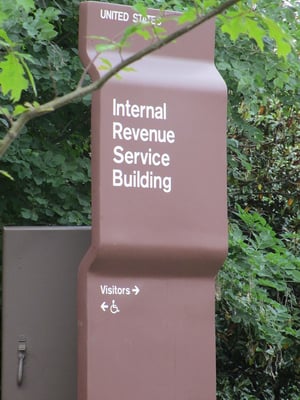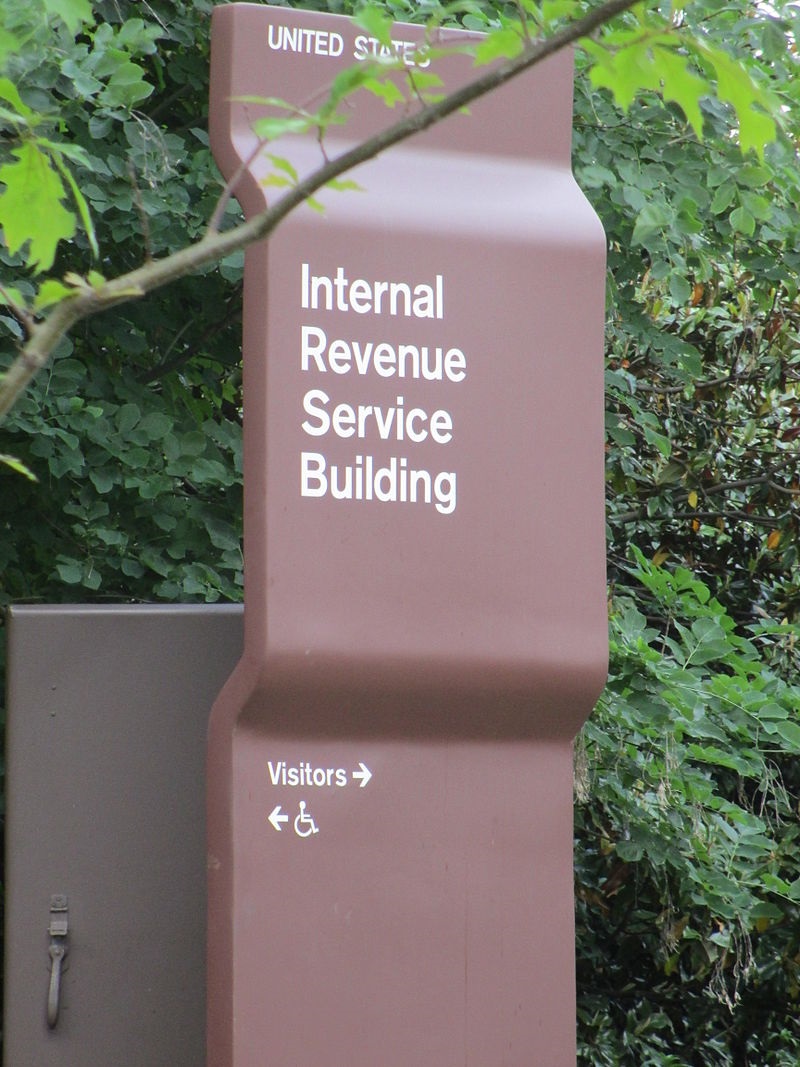You check your mail and you see the return address, IRS. Your first thought? Well, that can’t be good. You open up the letter and you read that you’re being audited. Look on the bright side – less than 1% of returns get audited each year, you’re just one of the lucky ones! All jocularity aside, there’s nothing to panic about.
Remain calm and take the following steps:
- Confirm that you are, in fact, being audited – Many taxpayers confuse other IRS correspondence, such as an Adjustment Notice, with an Audit Notice. An adjustment is typically a notification that there is a mathematical error or mismatch between your reported income and that in the IRS’s records.
- Determine the scope and extent of the audit – Most audits aren’t broad, sweeping, fine-tooth-comb affairs that look at your entire return line by line. Most audits are looking for documentation for particular areas of your return. Common audit areas include charitable deductions, mileage deductions and mismatched income figures.
- Decide if you need help – Once you determine the extent of the audit’s scope, you need to decide if it’s something you want to tackle on your own or if you need to hire a tax professional. If you don’t understand what the IRS is asking for you can contact them, but you may be best off to work with someone who deals with taxes every day. One thing to note, if you did your own taxes or used a software or on-line tax product, you can still be represented by someone else. All licensed CPAs, enrolled tax agents and tax attorneys have representation rights, which means they can represent someone to the IRS, even though they did not prepare the return. In some cases, your tax professional can attend the audit meeting in your stead, in which case you may never deal directly with an IRS agent.
- Get prepared – Be certain to gather all of the material requested for the audit and be prepared to answer questions about specific items on your return. The neater and more organized your records and materials, the more favorably your audit will typically go.
Now that you know the steps to take when you receive an audit notice, here are a list of things you should NOT do:
- Panic – DO NOT PANIC! Most audits are fairly straight forward and are merely procedural, and are designed to make sure you aren’t making errors on your tax filings. In most instances, audits aren’t a punitive or painful process.
- Ignore it – If you get a notice, DO NOT IGNORE IT! The IRS doesn’t like to have to chase after you and your information. In absence of a response, the IRS may make adjustments to your income and expenses and assess you with additional taxes, as well as penalties and interest.
- Get impatient– If you have a correspondence-based audit where you are exchanging letters with an IRS agent, it may take a long time until the issue is ultimately resolved. Be patient and let the process run its course. If you have an in-person audit, it may be a while before you get scheduled, particularly if the IRS is experiencing a large backlog of cases.
- Get mean – You may get frustrated. You may get impatient. But it’s never a good idea to take it out on the IRS auditor. They are doing a job, and most try very hard to do a great job and to provide a high level of service. Getting angry with them is never a good idea.
If you’ve received an audit notice or have other questions related to income taxes, feel free to contact a Zinner & Company tax expert. We stand ready to help!





